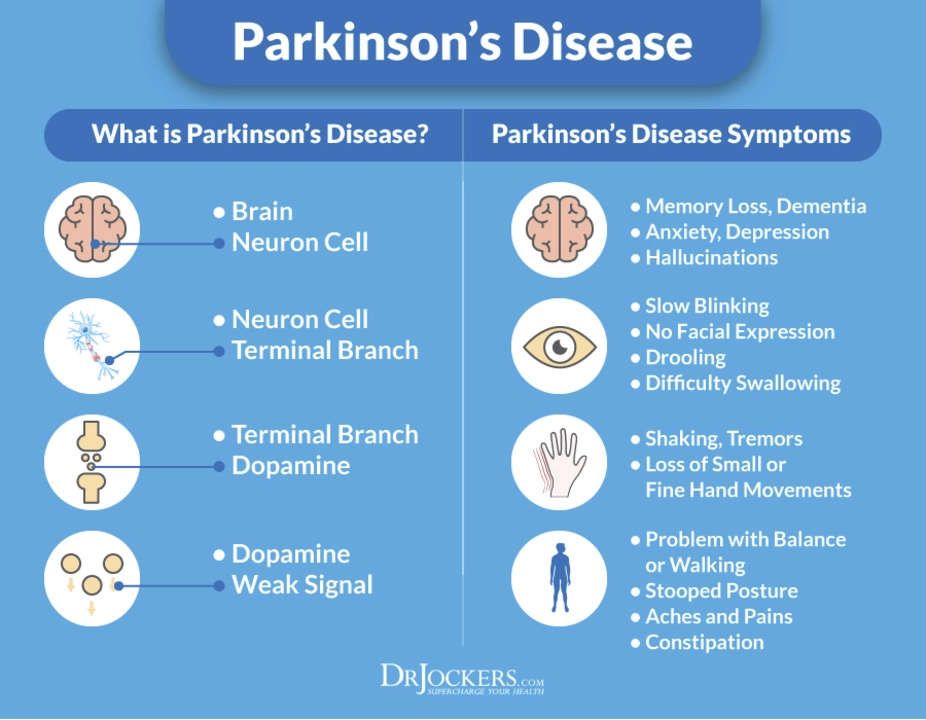Understanding Parkinson's Disease: What You Need to Know
Parkinson's disease is a condition that affects movement and often shows up as tremors, stiffness, and slower motions. It happens because certain brain cells that produce dopamine, a chemical vital for smooth movement, start to break down. If you or someone you know notices these symptoms, getting a checkup is the first step to proper care.
This disease usually affects older adults but can also appear earlier. It tends to progress slowly, so catching it early can help manage symptoms better.
Common Symptoms and What They Mean
The signs of Parkinson's aren't always the same for everyone. Most people experience:
- Tremors or shaking, mostly when resting
- Muscle stiffness or rigidity
- Slower movements and trouble with balance
- Changes in speech and handwriting
Recognizing these early can make a big difference in treatment success.
Treatment Options and Living Better
While there’s no cure yet, medications can help a lot. Drugs like levodopa help replace or boost dopamine. There are also other medicine options tailored to symptoms and individual needs.
Besides meds, physical therapy and lifestyle changes—like exercise and healthy eating—play a big role in managing the disease. They can improve mobility, mood, and overall quality of life.
Always talk with your doctor before starting or changing treatments, and keep track of symptom changes to adjust care accordingly.
Dealing with Parkinson's? It’s a challenge, but with the right info and support, you can handle the ups and downs more confidently.

Understanding the Role of Dopamine in Parkinson's Disease
In my recent exploration of Parkinson's Disease, I've discovered the crucial role dopamine plays in this neurological disorder. Dopamine, a vital chemical messenger in our brains, is significantly reduced in Parkinson's patients, leading to issues with movement and coordination. This decrease in dopamine is primarily caused by the death of dopamine-producing cells in the brain. Understanding the role of dopamine in Parkinson's Disease is essential for developing effective treatments and therapies. Further research on this topic may help improve the lives of those affected by this debilitating condition.